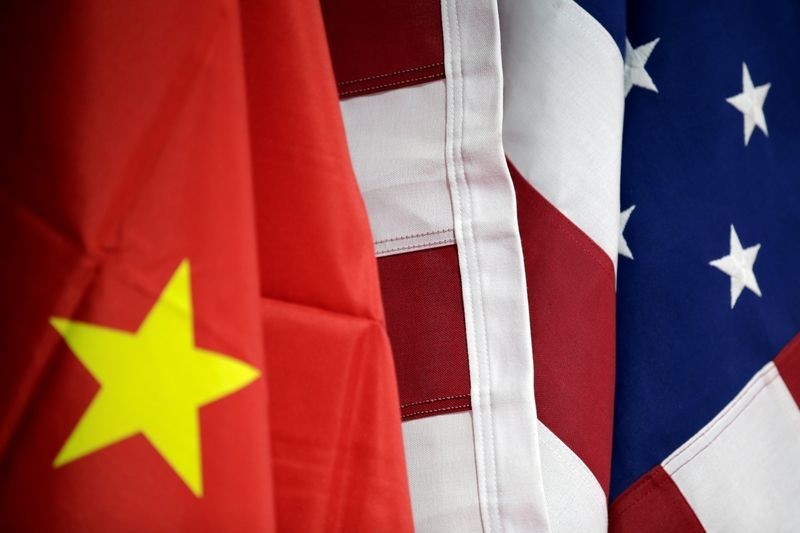WTO finds Washington broke trade rules by putting tariffs on China; ruling angers U.S.

The World Trade Organization found on Tuesday that the United States breached global trading rules by imposing multibillion-dollar tariffs in President Donald Trump’s trade war with China, a ruling that drew anger from Washington.
The Trump administration says its tariffs imposed two years ago on more than $200 billion in Chinese goods were justified because China was stealing intellectual property and forcing U.S. companies to transfer technology for access to China’s markets.
But the WTO’s three-member panel said the U.S. duties broke trading rules because they applied only to China and were above maximum rates agreed to by the United States. Washington had not then adequately explained why its measures were a justified exception, the panel concluded.
“This panel report confirms what the Trump administration has been saying for four years: the WTO is completely inadequate to stop China’s harmful technology practices,” U.S. Trade Representative Robert Lighthizer said in response.
China’s Commerce Ministry said Beijing supported the multilateral trading system and respected WTO rules and rulings, and hoped Washington would do the same.
The decision will have little immediate effect on the U.S. tariffs and is just the start of a legal process that could take years to play out, ultimately leading to the WTO approving retaliatory measures if it is upheld – moves that China has already taken on its own.
The United States is likely to appeal Tuesday’s ruling. That would put the case into a legal void, however, because Washington has already blocked the appointment of judges to the WTO’s appellate body, preventing it from convening the minimum number required to hear cases.
The WTO panel was aware it was stepping into hot water. It noted that it had looked only into the U.S. measures and not China’s retaliation, which Washington has not challenged at the WTO.
“The panel is very much aware of the wider context in which the WTO system currently operates, which is one reflecting a range of unprecedented global trade tensions,” the 66-page report concluded.
